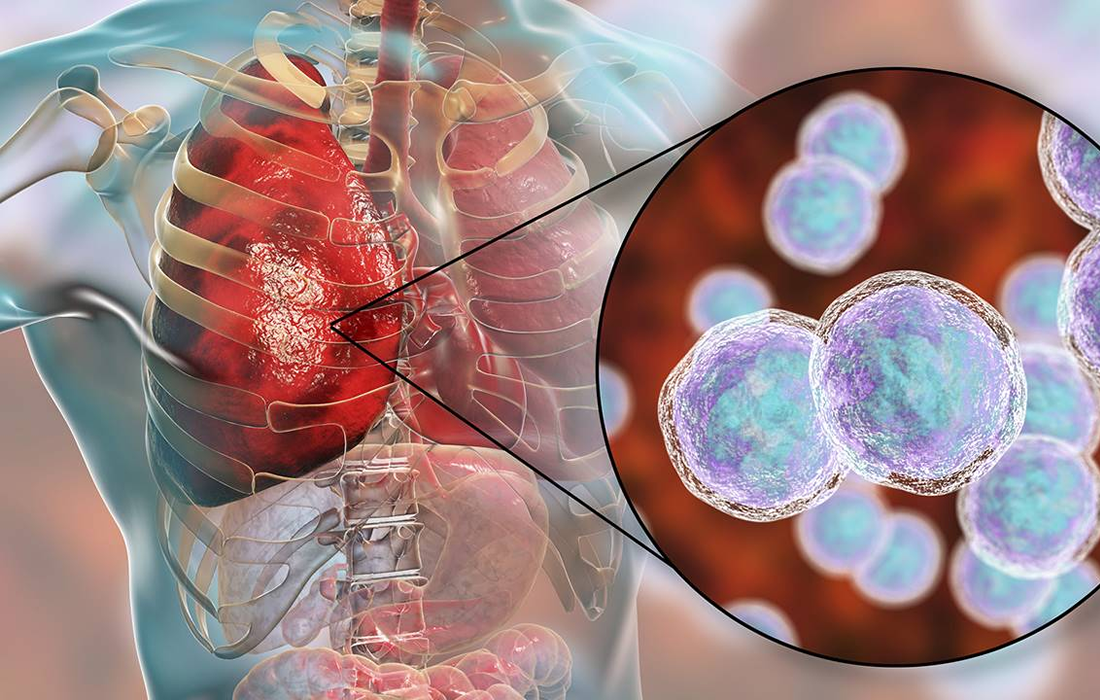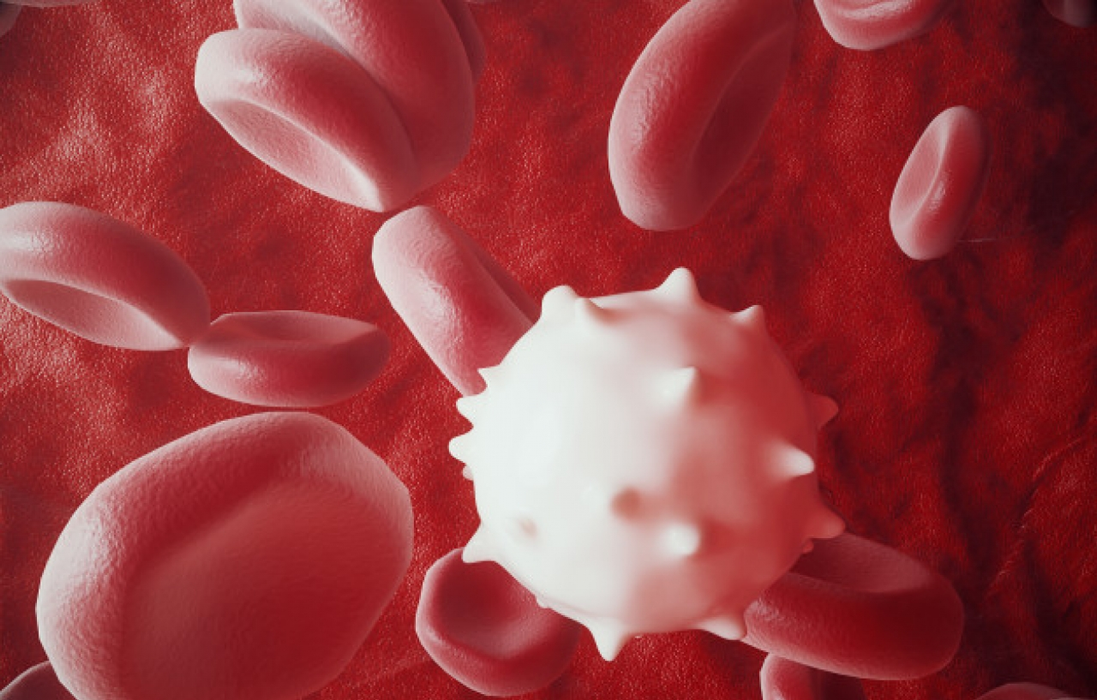Stem cell therapy for repair and regeneration of tissues and organs damaged by trauma or degeneration is now used in many fields of medicine. The mesenchymal stem cells are one of the major stem cell types used in regenerative medicine. They can be obtained from several tissues, including the subcutaneous adipose tissue, and used either […]
Author Archives: Gabriel Piña, MD
With increasing public awareness on cardiovascular disease (CVD) prevention, significant interest has focused on modifiable lifestyle risk factors, including the safety of coffee. Coffee is ubiquitous in most societies, with its main constituent caffeine the most commonly consumed psychostimulant worldwide. Historically up to 80% of health practitioners recommend avoiding coffee in patients with CVD. This […]
The skin is the largest organ in the body. It has an average area of about 20 square feet , that’s the size of a 4′ by 5′ room. Skin diseases affect about 84.5 million Americans. Aging, trauma, and environmental and genetic factors can lead to a wide range of skin conditions. The stratum corneum […]
Community-acquired pneumonia (CAP) is one of the most common infectious diseases addressed by clinicians and is an important cause of mortality and morbidity worldwide. Typical bacterial pathogens that cause CAP include S pneumoniae, H influenzae, and M catarrhalis. Numerous other organisms can cause CAP in the appropriate clinical setting. Furthermore, the so-called “atypical CAP” pathogens […]
Colorectal cancer is the third most commonly diagnosed malignancy among both men and women in the United States and the second leading cause of death from cancer worldwide. Diet has been recognized as an important modifiable risk factor for colorectal cancer. Meanwhile, ultra-processed foods (that is, industrial ready-to-eat or ready-to-heat formulations made of little or […]
Metabolic syndrome has been a worldwide problem for years, it is a multisystemic disease that includes high weight, high blood pressure, high fasting glucose, and is related with an insulin resistance and high risk to develop other conditions like Cardiovascular Disease. One of the possible causes of Dementia, mainly in the 70 year old population, […]
What is Hip Bursitis? Bursitis is a painful condition that affects the small, fluid-filled sacs, called bursae, that cushion the bones, tendons, and muscles near the joints. It occurs when the bursae become inflamed. The most common locations are the shoulder, elbow, and hip. They are normally presented in joints that perform frequent repetitive movements. […]
Chronic kidney disease is documented to be associated with an increased risk of cardiovascular disease, which is also the leading cause of mortality globally. In addition to the high healthcare costs associated with treating chronic kidney disease, it is associated with poor quality of life, especially in patients who progress to end-stage renal disease. Major […]
Myasthenia gravis (MG) is a relatively rare autoimmune disorder in which antibodies form against nicotinic acetylcholine (ACh) postsynaptic receptors at the neuromuscular junction (NMJ) of the skeletal muscles, causing muscle weakness and rapid muscle fatigue. It is a type-II hypersensitivity immune response. The basic pathology is a reduction in the number of ACh receptors (AChRs) […]
Chronic granulomatous disease (CGD) is by mutations in genes coding for subunits or regulatory proteins of the NADPH oxidase complex, that is, X-linked mutations in CYBB or autosomal recessive mutations in CYBA, NCF1, NCF2, and CYBC1, that cause absent or severely reduced production of superoxide in all phagocytes , so they are unable to kill […]










